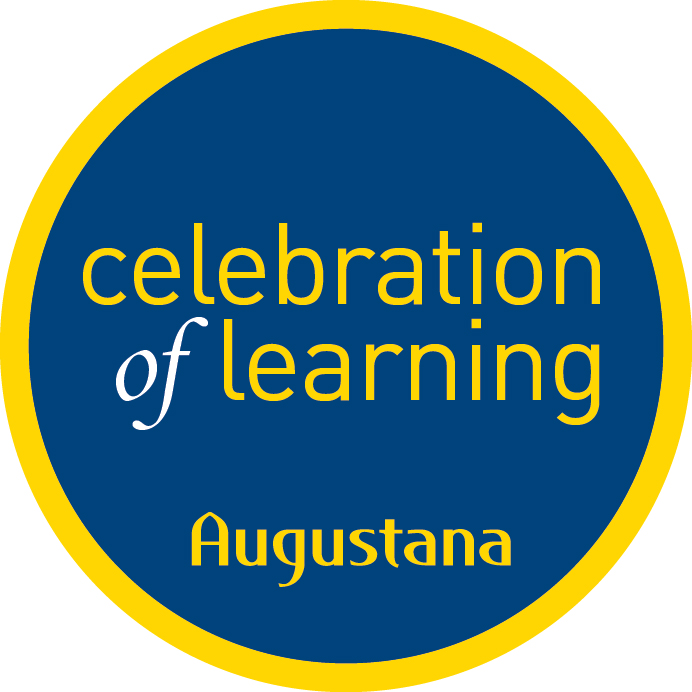Project Advisor(s) (Students Only)
Dr. Robert Tallitsch
Presentation Type (All Applicants)
Oral Presentation
Location
III-C-2: Hanson 305
Disciplines (All Applicants)
Biology | Music Therapy
Description, Abstract, or Artist's Statement
Worldwide, statistics suggest that by the year 2050 as many as 80 million individuals will be living with Alzheimer’s disease (AD). Because current pharmacological interventions can only slow its progression, the pathology eventually overcomes the benefits of the medications, thus leaving a deficit in long-term treatment. However, the preservation of the brain’s ability to work with and benefit from music has created a window of opportunity for an alternative treatment. Music therapy has been shown to be a promising alternative treatment because it has very little risk, and studies suggest that it is effective in improving familiarity and recollection in individuals with AD. This research proposal aims to question the relationship between familiarity and recognition through the use of active music therapy, and hypothesizes that music therapy can strengthen voice familiarity and therefore improve family recognition.
Augustana Digital Commons Citation
Kautenberger, Patricia. "Alzheimer's Disease and the Importance of Music Therapy" (2015). Celebration of Learning.
https://digitalcommons.augustana.edu/celebrationoflearning/2015/presentations/1
Alzheimer's Disease and the Importance of Music Therapy
III-C-2: Hanson 305
Worldwide, statistics suggest that by the year 2050 as many as 80 million individuals will be living with Alzheimer’s disease (AD). Because current pharmacological interventions can only slow its progression, the pathology eventually overcomes the benefits of the medications, thus leaving a deficit in long-term treatment. However, the preservation of the brain’s ability to work with and benefit from music has created a window of opportunity for an alternative treatment. Music therapy has been shown to be a promising alternative treatment because it has very little risk, and studies suggest that it is effective in improving familiarity and recollection in individuals with AD. This research proposal aims to question the relationship between familiarity and recognition through the use of active music therapy, and hypothesizes that music therapy can strengthen voice familiarity and therefore improve family recognition.
